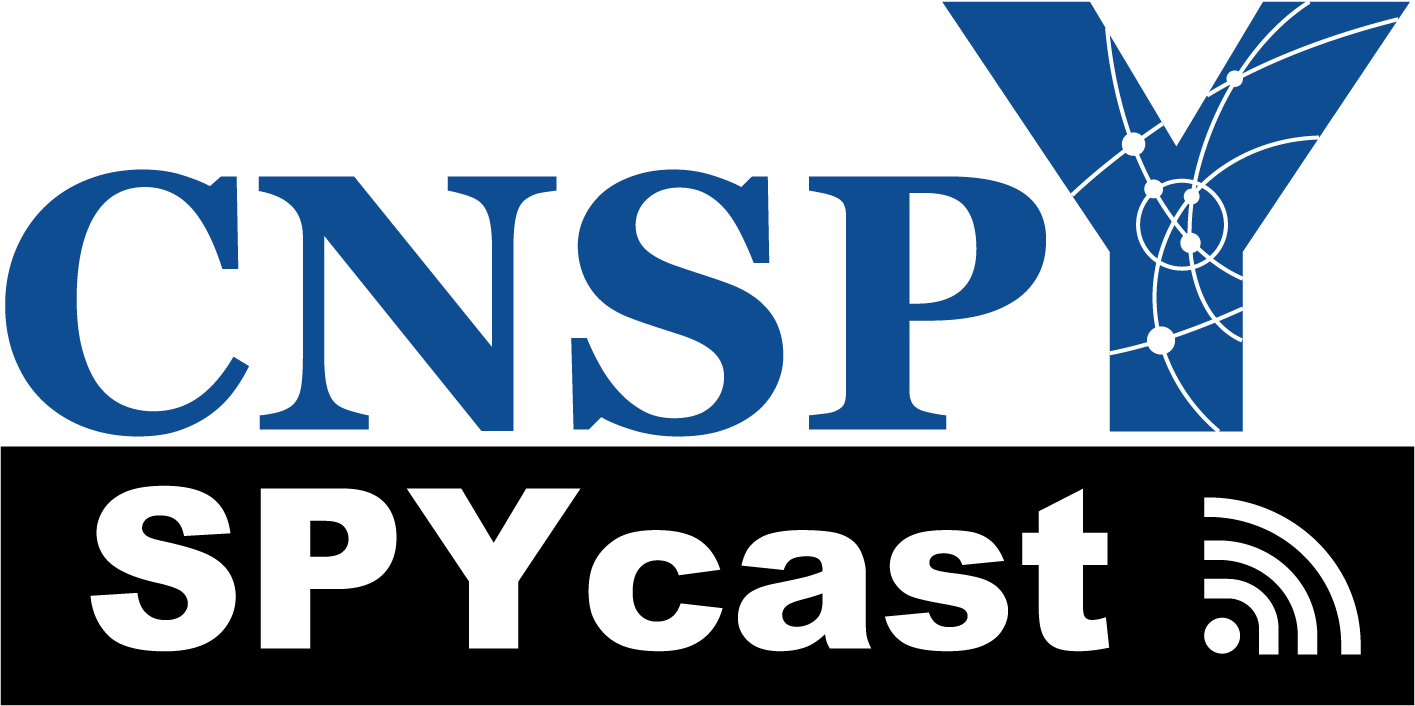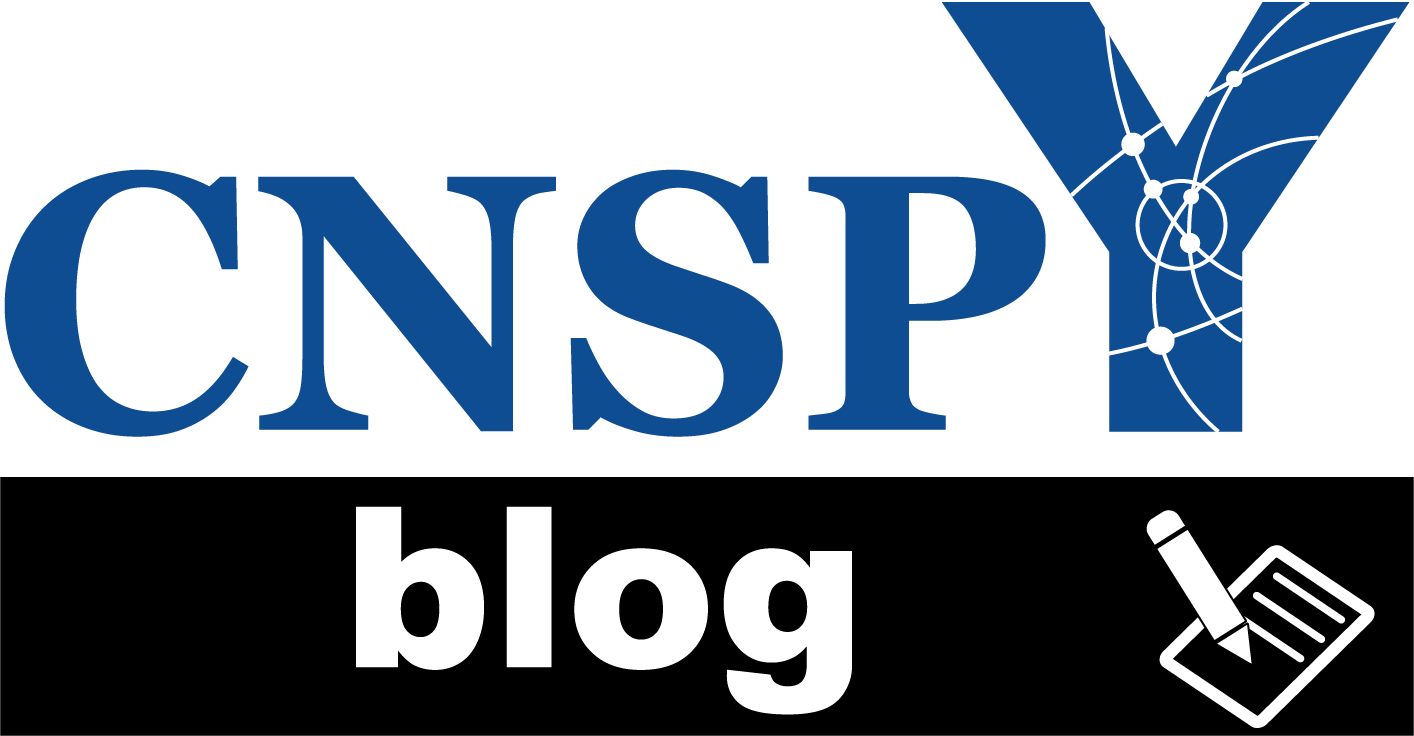In last week’s blog, we explored the main attributes, strengths and weaknesses, of introverts and extroverts. Whether you identify as an introvert or an extrovert, hopefully you were able to discover some of your strengths and recognize some of their downsides.
Playing to your strengths means understanding fully and with honesty what you can excel at and where your limits are.
Those of us who identify as introverts often feel that we don’t have the right skills to be good at networking, which is such a crucial component of the job search. But this is absolutely not true! In today’s post, you’ll begin to learn how to use an introvert’s skillset to your advantage.
The first step draws mainly on the introvert’s ability to plan ahead and strategize. While extroverts find it easy to jump in spontaneously, introverts often need a moment to collect themselves. Remember that introverts tend to think to talk, need concentration, and energize alone. Devora Zack, in her insightful book Networking for People Who Hate Networking, calls this stage “Pause.” I find it more intuitive to remember it as “Prepare.”
Here are several tips on how to Prepare before an event in order to have a more successful and enjoyable networking experience:
Pre-register
Pre-registration has several obvious benefits. You ensure a spot for yourself at any space-limited events, and in most cases you score a pre-printed name tag, which will look much prettier, more professional and legible than one scrawled by hand.
But more importantly, pre-registration makes it more likely that you will actually show up. If you’re like me, it’s far too easy to back out at the last minute for anything that involves socializing. Registering means you’ve made a commitment to go – your name is now on a list somewhere – and that commitment is much harder to break. If you need an even stronger incentive, ask a friend to go with you. You wouldn’t want to let down your friend, now, would you?
While you are considering a networking event to pre-register for, keep in mind that some event formats may work out better for you than others. The spontaneous milling about and interrupting of group conversations can be very challenging for introverts. Unfortunately, most networking events are in this format. However, if possible, try to find events that include more built-in structure, such as table rotations or icebreaker activities. The double benefit is that structured events force you to talk to people, and introverts tend to feel more comfortable when given a clear role and purpose.
Mental Preparation
Now that you’ve pre-registered for an event and placed a reminder on your calendar, you can get mentally ready. You know what’s coming and you have plenty of time to plan for the big day.
One thing to plan is your outfit. First impressions are crucial and appearances matter (contrary to what your parents told you when they made you wear hand-me-downs in elementary school). However, pick comfort over fashion. You want to look clean and professional, but don’t wear something that is scratchy, stiff, or the wrong size. The more comfortable you are, the more confident you will appear.
If you plan to change into your networking outfit later in the day, hang it somewhere visible as a reminder. The more reminders you have, the more familiar you will be with the idea of going, and the more comfortable and mentally ready you will feel when you get to the event.
Save your mental energy throughout the day. Try to avoid scheduling many meetings or interaction-intensive activities. Have lunch by yourself in a quiet place. Draw energy from having time alone, and save your socializing reserves for the networking event.
If possible, end your workday early. Talking to the right person at this networking event could determine the next step in your career! The importance of a few extra hours of Western blotting rather pales in comparison.
Research the Attendees
Another thing to plan is who exactly you will talk to at the event. This is where being a focused and detail-oriented introvert really comes in handy. Research the people that will be there and the companies that will be represented.
Knowing something about a company or a person before talking to them is always a good thing. With this knowledge, you can prepare thoughtful and specific questions ahead of time. Your insights will make you appear truly interested and intelligent at the same time!
Furthermore, if you pick out people and companies in advance, you don’t have to go through the discouraging experience of talking to someone whose job isn’t remotely interesting to you. Such conversations can be difficult to get out of if you’re afraid to seem rude, and can feel like a waste of time and a disappointing failure – an additional drain on your energies. Instead, talking only to people that you could really get excited about will lead to much more positive and encouraging interactions.
Set Realistic and Measurable Goals
Decide in advance what you want to get out of the networking event. Frame your goal so that an objective measurement determines whether you have met it or not.
Bad goal: “Become better connected in the consulting industry”
Good goal: “Talk to 2 people from consulting firms and exchange contact info”
If you walk out of a networking event feeling drained and insecure, replaying that awkward moment when you tried to say “sixth hypothesis,” your mood might make it difficult for you to feel “better connected.” But did you talk to at least 2 consultants and get their business cards? If yes – Success! Measureable success feels good and will encourage you to go to more networking events in the future.
Be sure to keep your goals realistic. It’s ok to start small. It’s ok to stay small, too! Aiming for 1-2 meaningful conversations is perfectly acceptable. Introverts excel at forging a small number of deep connections (we will talk more about this later).
Prepare your Story
While you were researching who will be at the event, you prepared several thoughtful questions. This takes a lot of pressure off because you don’t have to think of something to say on the fly. You’ve already prepared a part of your dialogue.
But unfortunately, people will expect you to talk about yourself as well. Introverts tend to have a higher bar for personal details that they care to share with strangers. Introverts also tend to take longer to respond to questions because they “think to talk.” But at a networking event, there isn’t much time for thinking. No problem! You can prepare your personal narrative in advance too. (As a matter of fact, interview gurus recommend this, even for extroverts!)
Most questions that professional contacts are likely to ask are very standard. Here are some topics that you can script for yourself before the event. Consider practicing your stories with a friend or colleague:
- your current job and workplace
- how did you decide to take this job
- what inspires you about your job
- your main professional accomplishments
- your main skillsets
- an interesting previous job
- your professional goals
- your educational background
- where you are from
- your hobbies or interests
Armed with these anecdotes, you’ll be ready for personal questions in various situations. As an introvert, use your excellent listening skills to eavesdrop on what sorts of things other people talk about.
Arrival
Now that you have prepared yourself mentally, picked a comfortable outfit, made a list of people and questions, practiced your personal facts, and saved up your social energy, you are ready to head to the networking event.
Arrive early. Fewer people will be around, which makes you more visible and makes it easier to approach people while they are not surrounded by throngs of pushy extroverts vying for their attention. Resist the urge to sneak in unobserved in the middle of a crowd. Hiding will feel easier, but it defeats the purpose of a networking event.
If you arrive early, you may have the opportunity to volunteer to help set up the event. This provides a structured role that makes many introverts feel more comfortable, and also allows for easy openings for one-on-one conversations. You could get a chance to connect with the organizers of the event, who are probably very well connected themselves.
Before you actually go into the event and approach the small number of people you are planning to speak to, take a moment to collect yourself. Go to the restroom and give yourself a confident smile in the mirror. Pause. Breathe. Give yourself an internal pep-talk if you need it. Now you are fully prepared and ready for networking!
10 Point Summary
- Pre-register and bring a friend
- Pick structured events
- Pick a comfortable, professional outfit
- Save your energy reserves during the day
- Remind yourself about the upcoming event
- Research the attendees and prepare questions
- Set a realistic and measurable goal
- Prepare and practice your personal narrative
- Arrive early and volunteer
- Take a moment to pause before entering the event
Keep your eyes peeled for Part III of this blog series, in which you will learn strategies to employ during the actual networking event.
** Incorporate these tips when you prepare for your next networking opportunity and let us know how it went! **
Share your thoughts below by clicking the “Leave a Reply” link or by clicking the chat bubble in the top right of the post.
Resources:
- Networking for People Who hate Networking, by Devora Zack
- Quiet: The Power of Introverts in a World That Can’t Stop Talking, by Susan Cain
- Never Eat Alone, by Keith Ferrazzi







September 8, 2018 at 2:50 am
Hello..
Points are simple to understand thanks for posting looking foreword for your new article to be posted..
Keep posting..!!
February 17, 2023 at 12:54 am
Number 1 is the conventional wisdom of extroverted networkers. Number 2 is what introverts should do.
https://www.mywatchesuk.com/
May 19, 2023 at 3:00 pm
Thank you for useful sharing.
vozol 10000
November 10, 2023 at 1:44 am
Fondato da Hans Wilsdorf nel 1908, orologi replica italia Rolex è stato il produttore numero uno, il primo orologio certificato come cronometro, il primo dotato di datario automatico, il primo ad essere ancora in uso oggi Il rotore a carica oscillante e il primo guarda per essere impermeabile al polso.
November 10, 2023 at 3:45 am
he aforementioned extra-large balance wheel allows for precise regulation Replica Watches of the watch to within a strict set of tolerances.
April 22, 2024 at 10:47 pm
Try to defend your territory against every wave of enemy attacks in the Tower Defense game.